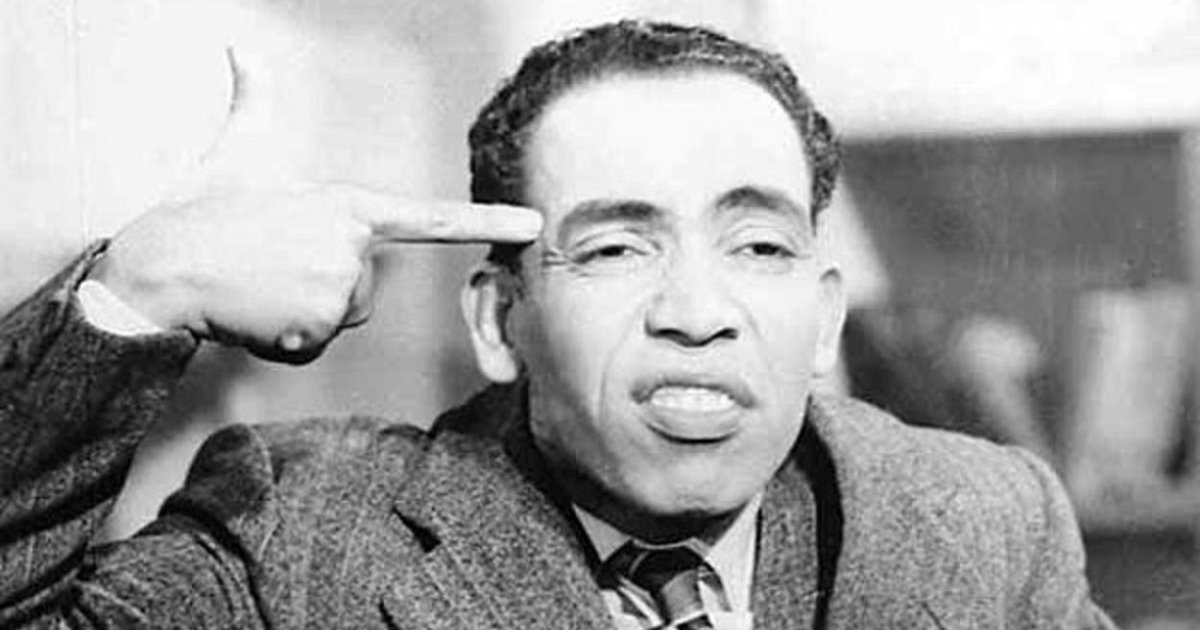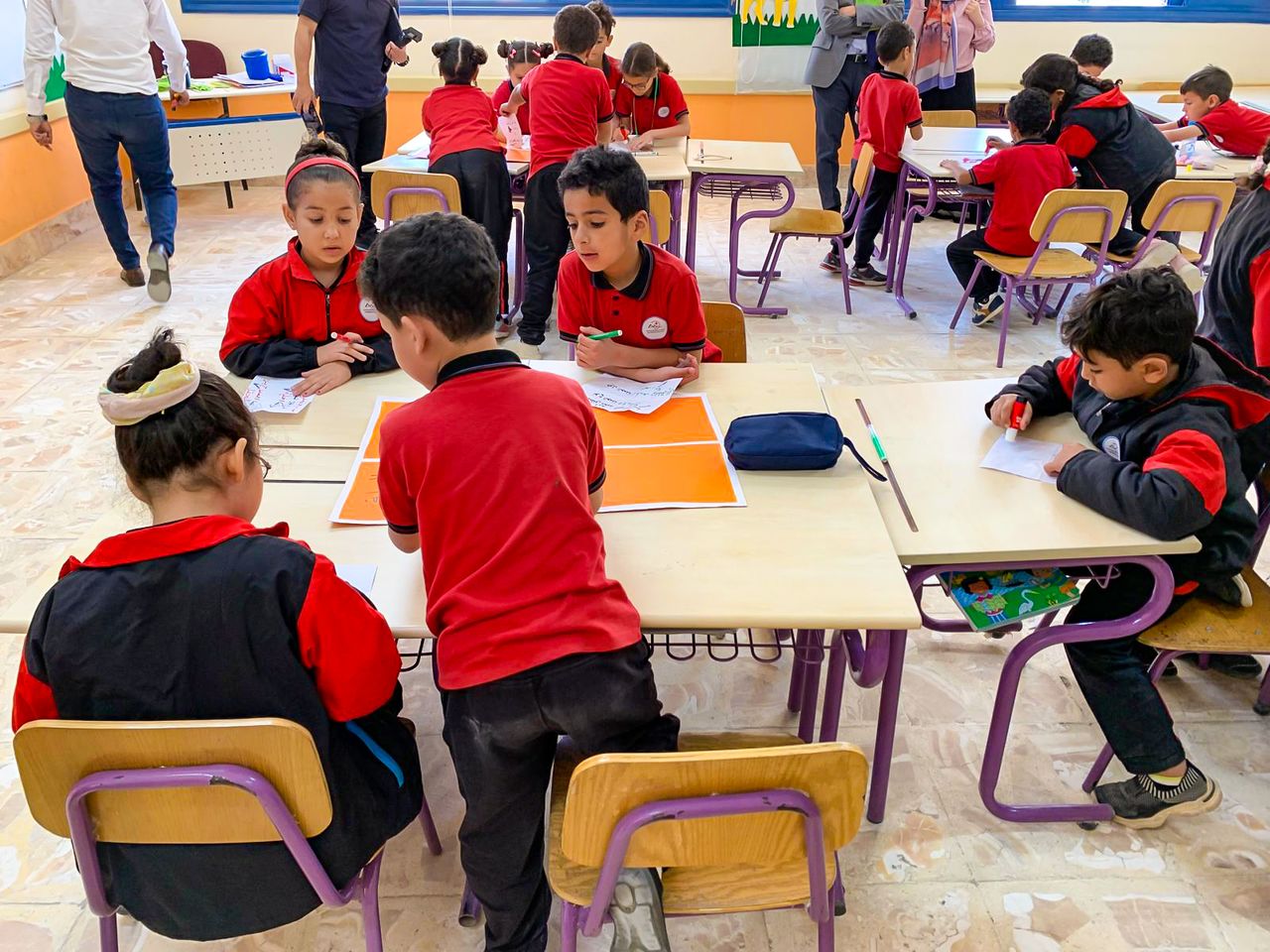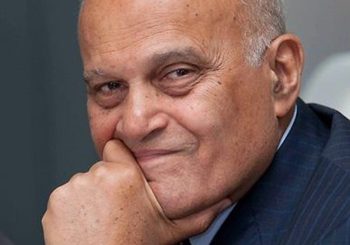It is impossible to disagree on the power compliments hold. Compliments are an integral part of our social lives. They break the ice in awkward situations, help create a positive atmosphere, and, very often, ease the flow of conversations. Egyptians love handing out compliments, some sincerely, others not.
Professor Norihiro Sadato, science lead at the National Institute of Physiological Science in Japan(NIPS) highlighted the power of compliments by stating that, “to the brain, receiving a compliment is as much a social reward as being rewarded money.”
Culture is an evidently important part of people’s lives. To learn about a new culture is to foster a new way of understanding people’s identities and value systems.
Egyptians definitely do it differently. ‘Differently’ is the keyword here because when translated, almost all the compliments sound quirky and notably funny.
We compiled a list of funny expressions that Egyptians fawn over.
Amar (14) Arba’tashar
Translation: You are the full moon of 14.
Context: usually said when someone wants to express how beautiful someone is. It often synonymously reflects the presumed idea of beauty, a round, light-skinned face. Although beauty standards have drastically changed throughout the years, the term has remained.
Amar 14 is in reference to the full moon that appears on the 14th day of the Islamic lunar calendar.
Allah yenawar ya ‘am Ahmed!
Translation: God-light up Mr. Ahmed!
Context: Allah Yenawar is often said when you want to express thanks or give praise to someone.
Enta Maalem
Translation: You are a master
Context: enta Maalem is expressed as a form of showing appreciation for someone’s actions.
Dehketak/ek Teganen
Translation: Your laugh makes me crazy
Context: when someone’s laugh is noticeably contagious, Egyptians say dehekatak/ek Teganen.
Zarna El Naby
Translation: The prophet visited us
Context: Zarna El Naby is usually said when Egyptians want to welcome someone’s presence in a room. Being visited by the Prophet is the highest form of blessing a person could hope for, hence, in Egypt, it is said as a form of praise and adornment to someone.
Eidak Tetlaf Fe 7areer
Translation: Your hands should be wrapped in silk
Context: usually said when someone who is skillful and can get a job done perfectly.
Enta Menawar
Translation: You are radiant
Context: Enta Menawar is often expressed to help someone feel welcomed and at ease.
Teslam Eidak
Translation: God bless your hands
Context: Teslam Eidak is often said when someone appreciates a job done by another person.
Akalna Sawabee’na Waraha
Translation: We ate our fingers afterward
Context: Aklna Sawabee’na Waraha is used to express the satisfaction of eating a good and filling meal.
Aa’detak Mayetshbe’h Menha
Translation: Your company makes me full
Context: Aa’detak Mayetshbee’sh Menha is used to show endearment towards someone’s company.
Rabena Yekhalik
Translation: May God make you keep you alive
Context: Rabana yekhaleek is expressed to show feelings of love to someone valued.







Comments (6)
[…] المجاملات المصرية: محببة أم غريبة؟ […]
[…] المجاملات المصرية: محببة أم غريبة؟ […]